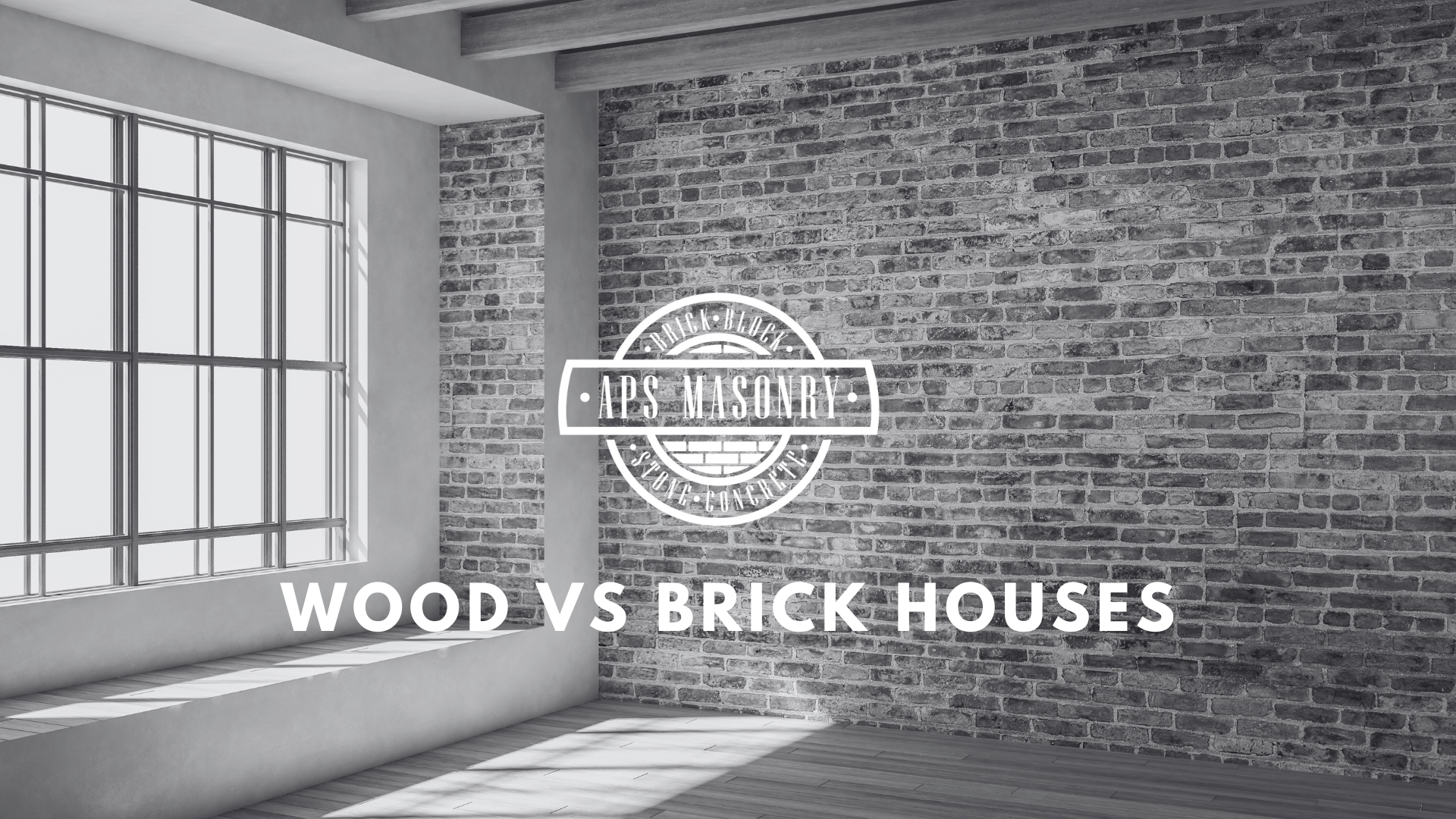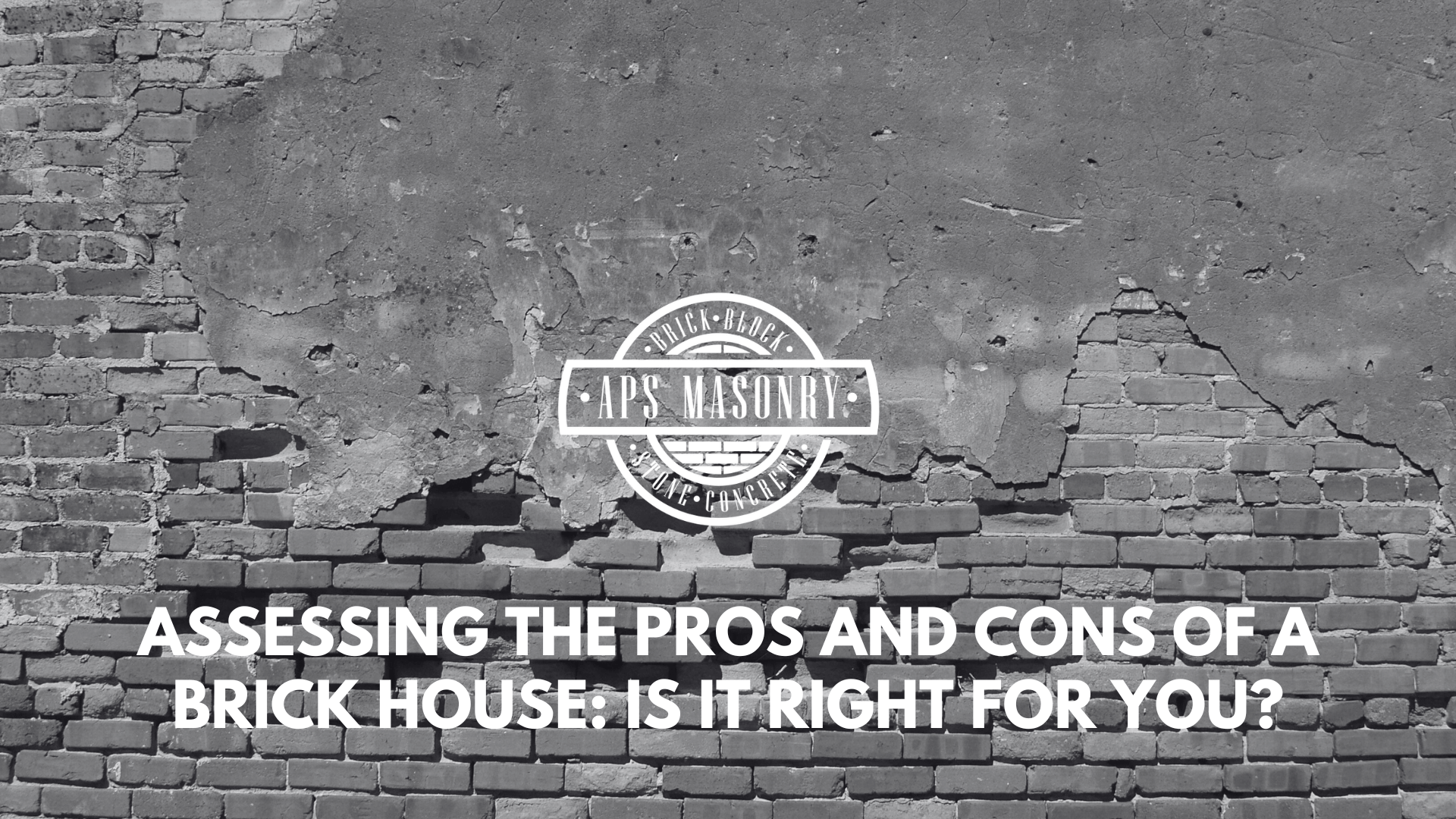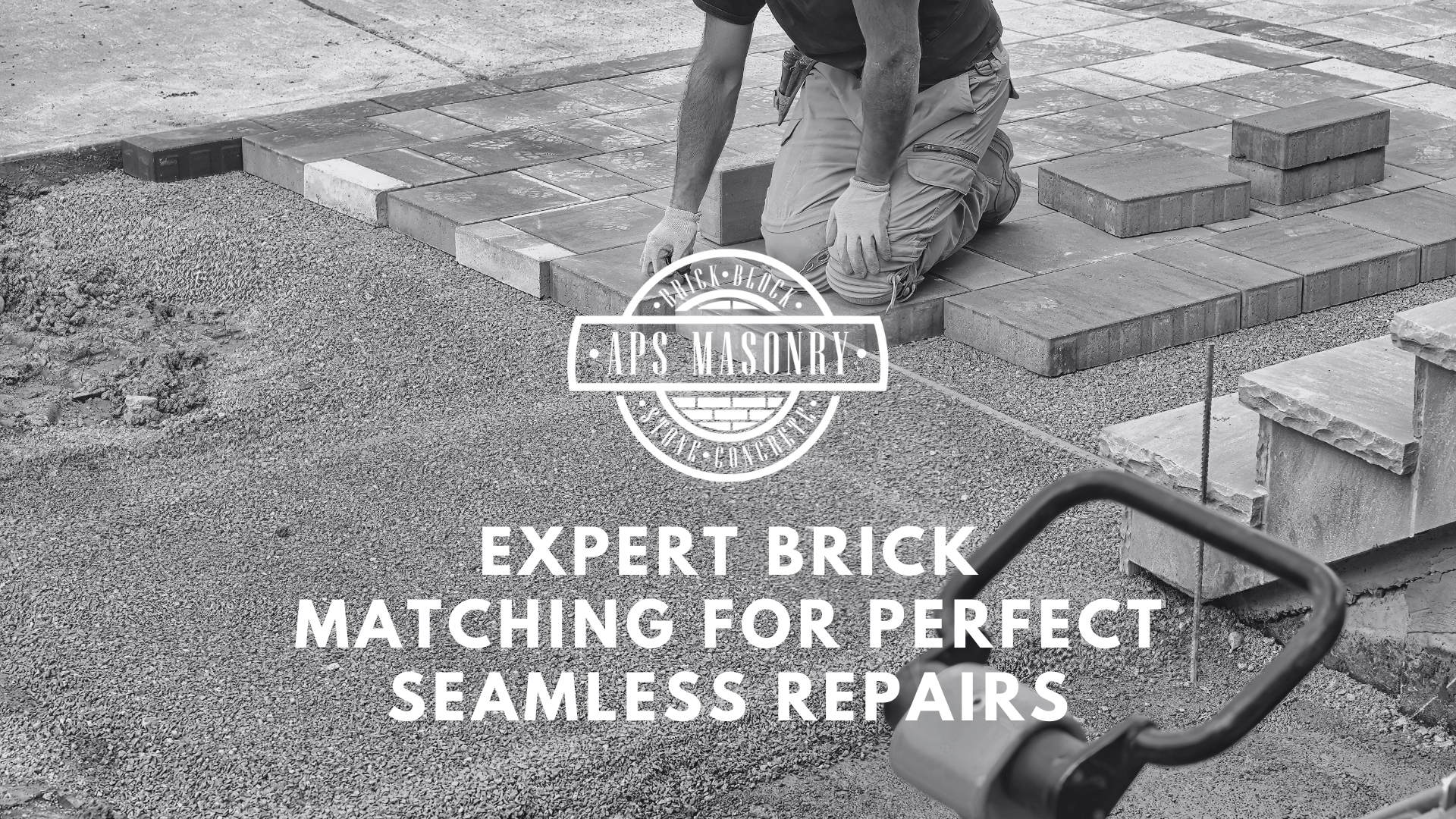Choosing the right material for your home is one of the most important decisions you'll make.
Are you drawn to the natural warmth and eco-friendliness of a wooden home, or do you prefer the durability and timeless look of brick? Your choice will impact everything from energy efficiency and maintenance to overall cost. In this guide, we will break down the big differences between wood and brick homes, so you can decide which is best for your budget, lifestyle, and the climate where you live.
Why Choose a Wooden Home? The Warmth, Efficiency, and Flexibility of Wood
Wooden houses are more than just pleasant on the eye. Wood, as a building material, brings many benefits to the table. Whether we're talking about saving on energy bills or having a cozy design, there's a lot to love about a home made of wood. Let's look into these perks:
- Natural Aesthetic Appeal: Wooden homes are known for their warm, inviting look, blending natural beauty with a cozy charm that many homeowners love.
- Eco-Friendly Choice: As a renewable resource, wood is an environmentally conscious option, offering a lower carbon footprint compared to other construction materials.
- Energy Efficiency: Thanks to its natural insulating properties, wood helps reduce heating and cooling costs, making your home more energy efficient year-round.
- Flexible Design Options: Wood’s versatility allows for creativity in architectural styles, from rustic cabins to modern, sleek homes that stand out.
- Ideal for Cold Climates: Wood’s ability to retain heat makes wooden homes especially effective in colder climates, providing superior warmth during chilly months.
- Durability and Resale Value: With advanced construction techniques, modern wooden homes are built to last, increasing both their durability and resale value.
- Quiet and Peaceful: Wood naturally dampens noise, creating a quieter and more peaceful living environment compared to many other building materials.
- Cost-Effective and Readily Available: In many places, wood can be more affordable and easier to source than brick or concrete, making it a practical choice for budget-conscious homeowners.
Challenges of Wooden Homes: Understanding the Drawbacks
While a wooden house has many perks, it's also important to understand their drawbacks. Wood, like all building materials, comes with its set of challenges. Here are some of the most common disadvantages homeowners might face with a wood house:
- Pest Susceptibility: Wooden homes are prone to infestations from termites, carpenter ants, and other pests, requiring regular pest control to prevent damage.
- Fire Risk: Wood is naturally less fire-resistant than materials like brick, making it a higher fire risk unless treated with fire-resistant coatings.
- Higher Maintenance: Wooden homes demand more upkeep, especially in regions with harsh weather conditions, leading to potentially higher long-term maintenance costs.
- Moisture Vulnerability: Wood absorbs moisture easily, making it susceptible to mold, mildew, and rot in humid climates without proper sealing.
- Natural Disaster Damage: Wood structures are more vulnerable to damage from natural disasters, such as earthquakes or hurricanes, compared to sturdier materials like brick or concrete.
- Lower Noise Insulation: Wood doesn't offer the same level of soundproofing as brick or concrete, so homes may experience more noise transmission if not properly insulated.
- Weathering Over Time: Exposure to extreme weather can cause wood to warp, shrink, or fade over time, leading to costly repairs if not maintained.
Call us today
Benefits of Brick Homes: Durability, Efficiency, and Timeless Appeal
Many homeowners turn to a brick house when thinking about durability and classic appeal. As a primary building material, brick has stood the test of time, offering numerous benefits for those seeking a solid, lasting home construction. Here are some standout advantages of owning a brick home:
- High Fire Resistance: Brick is naturally fire-resistant and doesn't catch fire easily, providing homeowners with an added layer of safety.
- Superior Noise Dampening: The dense nature of brick offers excellent sound insulation, making brick homes quieter than those built with other materials.
- Energy Efficiency: Brick’s ability to regulate temperature helps improve energy efficiency, leading to savings on heating and cooling bills throughout the year.
- Low Maintenance: Brick homes require less maintenance compared to wood. Bricks don’t rot, warp, or need regular painting, reducing long-term maintenance costs.
- Pest Resistance: Unlike wood, brick is not susceptible to pests like termites, which eliminates the need for frequent pest control treatments.
- Durability Against Natural Disasters: Brick homes are more resilient against natural disasters such as hurricanes and tornadoes, offering better protection compared to wood.
- Higher Resale Value: Thanks to its durability and low maintenance, a well-kept brick home often has a higher resale value than a wooden home.
- Timeless Aesthetic Appeal: Brick offers a classic, timeless look that blends seamlessly into both traditional and modern home designs, adding lasting curb appeal.
Drawbacks of Brick Homes: Cost, Rigidity, and Limited Flexibility
While a brick building is associated with robustness and classic beauty, they have some downsides. Every building material has pros and cons, and brick is no exception. Here are some challenges homeowners might face with a brick home:
- Higher Construction Costs: Brick homes and brick walls are generally more expensive to build than wood due to the higher cost of materials and labor involved.
- Complex Repairs: Although low maintenance, damaged bricks can be harder and more costly to repair than wood, often requiring more extensive fixes.
- Less Insulating in Cold Climates: Brick homes can struggle with insulation in colder climates, potentially leading to higher energy bills unless properly insulated.
- Moisture Absorption: Bricks can absorb moisture over time, especially in humid climates, which may lead to dampness or mold issues. Repairing damaged brickwork can be more involved than replacing wood.
- Prone to Cracking: Due to the rigidity of brick, homes are more prone to cracks caused by ground movements or sudden impacts, requiring careful structural maintenance.
- Heavier Foundation Needs: The weight of brick requires stronger, and often more expensive, foundation structures compared to lighter materials like wood.
- Limited Exterior Flexibility: Brick offers less flexibility for exterior changes, such as repainting or re-siding, which is easier with wood homes.
- Cold and Uninviting Feel: Some homeowners find that brick homes can feel colder and less inviting, especially in areas with limited natural sunlight.
WBrick vs. Wood: Which is Better for Your Home?
Choosing between brick and wood depends on your priorities. Here’s a quick comparison to help guide your decision:
Sustainability
Wood is a renewable resource and, when responsibly sourced, has a lower carbon footprint. Bricks, though durable, require more energy to produce but last a long time, reducing the need for replacement.
Winner: Wood, for its renewable nature and eco-friendliness.
Durability
With proper care, both materials are durable. Wood can last centuries but is vulnerable to moisture and pests. Brick, however, is more fire-resistant and less prone to damage from natural disasters.
Winner: Brick, for its superior resistance to external threats.
Energy Efficiency
Wood is a natural insulator, helping homes stay warm in winter and cool in summer. Brick’s thermal mass helps regulate temperatures by absorbing heat during the day and releasing it at night.
Winner: Brick, for more consistent temperature regulation.
Price
Wood homes can be more affordable, depending on the type of wood and design complexity. Brick homes generally have higher initial costs due to the material and labor required for construction.
Winner: Wood, for being more budget-friendly in most cases.
Aesthetic Appeal
Wood offers a warm, organic feel with flexibility in design, while brick provides a timeless, classic look. Both materials have strong aesthetic qualities, depending on the homeowner's style preferences.
Winner: Tie - based on personal taste.
The Verdict: Wood or Brick?
When it comes to choosing between a wood or brick house, there's no clear winner, both materials offer distinct advantages depending on your needs. Wood houses bring sustainability, affordability, and a warm, natural aesthetic, while brick homes offer durability, energy efficiency, and timeless elegance.
Ultimately, the decision comes down to your personal priorities, style preferences, and budget. Whether you're drawn to the cozy charm of wood or the long-lasting strength of brick, both options are excellent for creating a beautiful, comfortable home.
If you're still unsure about which material is best for your next project, the experts at APS Masonry can help. We specialize in creating custom masonry solutions that fit your vision and budget. Contact us today to discuss your project and let us bring your dream home to life - whether it's brick and wood houses, or something in between!
Call us today



